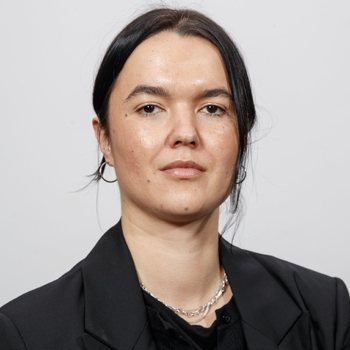“The survivors have all shown extraordinary courage and resilience by having chosen the individualised pathway and meeting with me to tell me about their traumatic experiences while in Lake Alice Hospital and the hardships over the course of the subsequent lives,” he said in his report, released today.
Davison met with 33 survivors in person or through video link. Four chose to have their claims determined on the papers.
Davison reviewed written submissions, interview transcripts and signed witness statements provided for the Royal Commission’s inquiry as well as police statements and Lake Alice clinical files. Records and reports from other entities and government departments were also used.
Survivors were placed into three bands. Financial redress was allocated based on the relative severity of the torture a survivor experienced compared with others in the group and the longer impacts this had on their lives.
- Band 1: Severe (fewer than 10 survivors) – payment range: $160,000 – $170,000
- Band 2: More severe (between 20 and 30 survivors) – payment range: $175,000 – $250,000
- Band 3: Most severe (fewer than 10 survivors) – payment range: $375,000 – $600,000
“Having a history of having been a patient at Lake Alice has quite unfairly attached a stigma of presumed mental instability to them that they have understandably sought to conceal throughout their lives,” Davison said.
“They have been and remain haunted by the memories of what was done to them at Lake Alice and what they saw being done to other children and adolescent patients there.”
Instead of being treated therapeutically for whatever reason or issue led to them being patients at Lake Alice, the survivors’ accounts indicated some of these young people were “tortured and ill-treated in what was a cruel and malevolent process wholly inconsistent with proper standards of medical and nursing care for vulnerable children”.
This included the use of paraldehyde injections as punishment that caused “immediate and excruciating pain” that lasted for several days, often causing immobility.
In other cases, it included unmodified electroconvulsive therapy (ECT) that was administered in a “terrifying manner”. Survivors were physically restrained and experienced “acutely intense pain and distress,” Davison said.
“While waiting in the dayroom to hear whether their names were called for ECT, some patients wet themselves and defecated in fear,” Davison said in his report.
“Survivors explained that they heard the screams of other patients when they were taken and given ECT and in some cases observed unmodified ECT being administered to other patients.”
Davison says during his inquiry he was given “credible accounts” of survivors being subjected to sexual abuse by medical and nursing staff. Solitary confinement was also used as punishment, with cases of patients being locked away in small rooms with only a mattress on the floor and a bucket to use as a toilet. In one case, a patient was locked away for 19 days.
Davison said if it was not for the efforts of survivors, “along with some other survivors who are not participants in the redress scheme, the examination of what took place in Lake Alice in the 1970s by the Royal Commission would not have occurred or been possible”.
Lead Coordination Minister Erica Stanford said no amount of money could ever undo or fully recognise the harm and abuse survivors were subjected to.
“In July last year, we formally acknowledged that torture occurred at the Lake Alice Unit as defined in the United Nations Convention Against Torture.
“A specific redress scheme was established in December for survivors who were tortured at the unit to serve as an expression of our regret as to the many ways in which they were failed.”
Stanford said it was important Lake Alice survivors had the choice of either the expedited payment or having their account independently assessed.
“I want to acknowledge the work of Hon Davison KC and the courage, strength and resilience survivors have demonstrated throughout this process. I feel privileged to have met several of them personally.”
Julia Gabel is a Wellington-based political reporter. She joined the Herald in 2020 and has most recently focused on data journalism.
